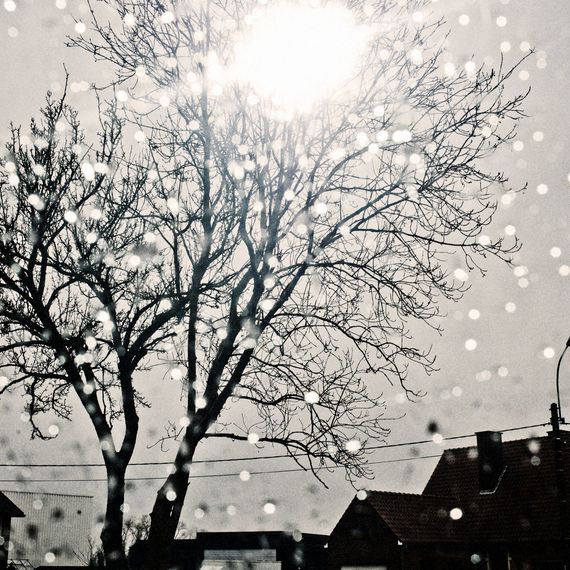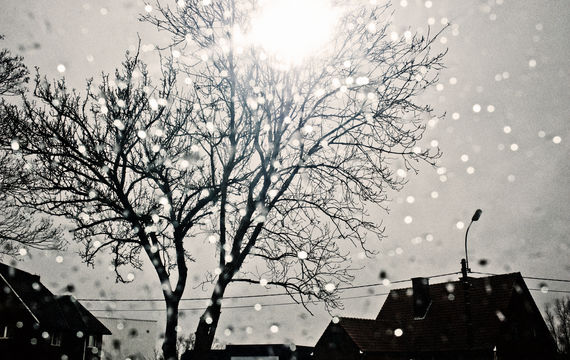the motet & Heinrich Schütz
So when Heinrich Schütz sets to work on the motet at the beginning of the 17th century, he is building on an already centuries-old tradition. The composer has just made the journey of a lifetime: from the area where he was born, Saxony, to sunny Venice, where he learns the craft from Giovanni Gabrieli. The influences of Schütz's first and only teacher can be heard in the early work Quid commisisti, a moving meditation on the suffering of Christ. The text is still written in Latin, and stylistically the work clearly has some Italian flair: dramatic, chromatic, with dissonances that render the pain and grief almost tangible.
But Schütz soon finds his own way, and certainly in his later German-language motets he makes his mark in history. He makes the text easy to understand – both literally and musically – and does so with a rhetorical flair that earns him the name 'the father of German ecclesiastical music'. In Stehe auf, meine Freundin, based on the text from the Song of Songs, the love for Christ sounds like a soft, almost earthly embrace. Mit dem Amphion zwar is his personal lament, in which Schütz expresses – through his own words and music – the grief over his wife’s death. And O lieber Herre Gott shows Schütz at his most compact and accomplished: one short prayer, one huge emotion.
the motet & the Bach family
If you wish to know how the motet evolved after this, simply leaf through the Bach family albums. Not immediately to Johann Sebastian, but first a step back in the family tree, to the man whom he will later call his 'Profound Uncle': Johann Christoph. The latter's Fürchte dich nicht is a lesser known gem. The music is simple, but expressive. The text comforting, but unsentimental. It's as if this Johann Bach is aware of the limits of the form – no grandiose architecture here, but a subtle outline of a bible verse. And yet it is precisely these modest works that will later make such a deep impression on the young Johann Sebastian.
He resolutely makes the motet form his own. In Komm, Jesu, komm you can hear everything that makes Bach Bach: the polyphonic craftsmanship, the spiritual profundity, the theological symbolism. The text – unusual in the extreme in that it is not a psalm but a stanza from a poem by Paul Thymich – muses about death as deliverance. Bach is not writing a lamentation but a comforting farewell. The structure is clear: a free opening passage, almost like a personal sigh, followed by a second fugal part, culminating in a minuet on the words 'Du bist der rechte Weg', which is almost an invitation to dance. With this versatility Bach demonstrates that the motet can be more than just an ecclesiastical snack.


